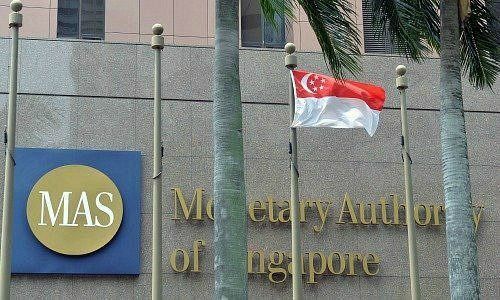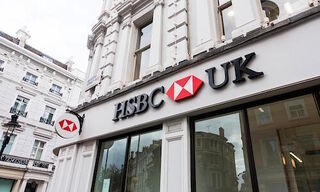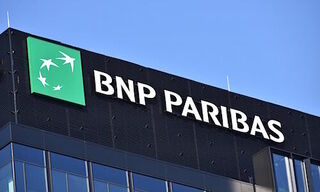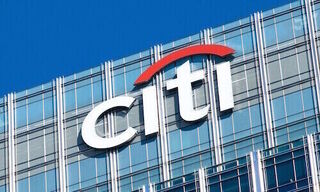Central Banks Test Cross-Currency Payments with Digital Currencies
The Bank of Canada and the Monetary Authority of Singapore (MAS) have conducted an experiment on cross-border and cross-currency payments using central bank digital currencies.
Cross-border payments today are often slow and costly. They rely on a correspondent banking network that is subject to counterparty risk, inefficient liquidity management, and cumbersome reconciliation. The Bank of Canada and the Monetary Authority of Singapore (MAS) have been collaborating in the use of Distributed Ledger Technology (DLT) and central bank digital currencies to make the cross-border payment process cheaper, faster, and safer.
The two central banks have successfully linked up their respective experimental domestic payment networks, namely Project Jasper and Project Ubin, which are built on two different DLT platforms. The project teams used a technique called Hashed Time-Locked Contracts (HTLC) to connect the two networks and allow Payment versus Payment (PvP) settlement without the need for a trusted third party to act as an intermediary.
J.P. Morgan as a Partner
The Jasper-Ubin project was carried out in partnership with Accenture and J.P. Morgan, who supported the development of the Canadian network on Corda, and the Singapore network on Quorum, respectively.
Following the successful conclusion of the project, the Bank of Canada and MAS have jointly published a report that proposes different design options for cross-border settlement systems. Titled «Jasper-Ubin Design Paper: Enabling Cross-Border High-Value Transfer Using Distributed Ledger Technologies». The report describes the technical implementation of HTLC and highlights possible limitations and challenges with the implementation model.
Areas of Research
The report further suggests areas of research in DLT interconnectivity mechanisms and alternative network models. This represents opportunities for further collaboration among central banks, financial institutions, and FinTech firms. The Bank of Canada and MAS would like to encourage the global financial community to build on these findings and work together to make international payments better, faster and cheaper.



























